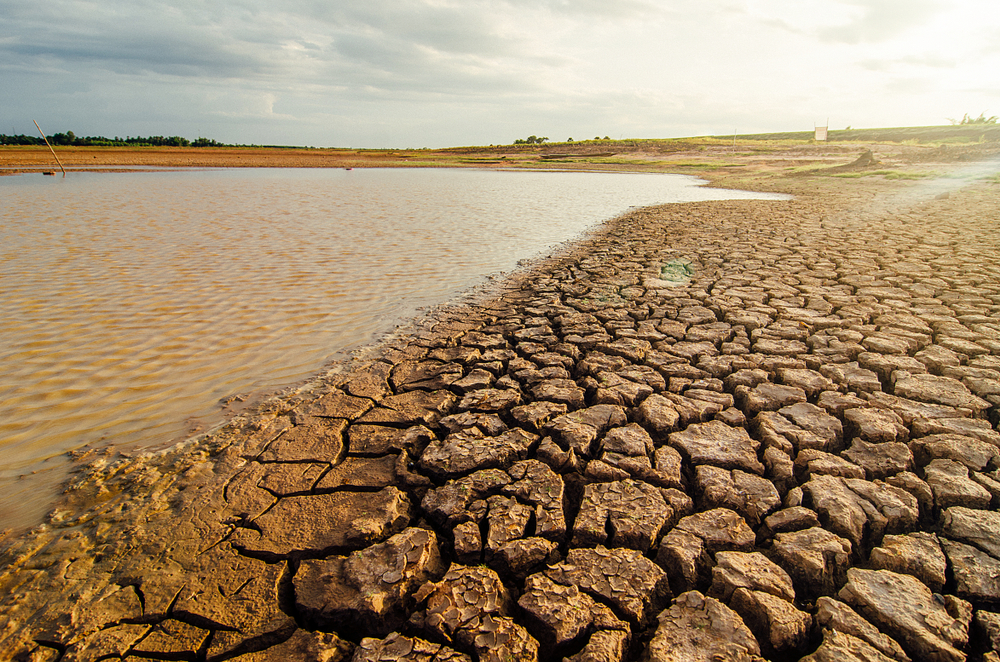Nearly 1,100 scientists, practitioners and experts in groundwater and related fields from 92 countries have called on the governments and nongovernmental agencies to 'act now' to ensure global groundwater sustainability.
In a statement, the group noted that groundwater represents 99 per cent of the Earth's freshwater.
This makes it critical for supplying drinking water, ensuring food security, adapting to climate variability, supporting biodiversity, sustaining surface water bodies and meeting the UN's Sustainable Development Goals (SDGs).
'Unfortunately, in many regions, groundwater is increasingly depleted or polluted, hampering socio-economic development and threatening water and food supplies and ecosystems,' according to the statement.
'At the same time, advances in research, technology and policy offer innovative solutions. There is a unique, but shrinking window of opportunity to act -- and now is the time for action to ensure groundwater continues to benefit society today and in the future,' it said.
Abhijit Mukherjee, who is a part of the global scientist group and an Associate professor at Indian Institute of Technology (IIT) Kharagpur told PTI 'We, in India, are abstracting the largest volume of groundwater in human history and are rapidly depleting a relatively non-renewable natural resource that is essential for our survival.'
Mukherjee and other signatories noted that groundwater challenges and opportunities are often overlooked in national and international strategies for sustainable development, climate adaptation and biodiversity.
'As a global group of scientists, practitioners and other experts in groundwater and related fields, we call on international and national governmental and non-governmental agencies, development organisations, corporations, decision-makers and scientists to address three action items, the statement said.
The experts emphasise on putting the spotlight on global groundwater sustainability by completing a UN World Water Development Report, planning a global groundwater summit, and recognising the global importance of groundwater in the UN's SDGs by 2022.
They also highlighted the need for managing and governing groundwater sustainability from local to global scales by applying a guiding principle of groundwater sustainability by 2030.
The statement also calls for investment in groundwater governance and management by implementing groundwater sustainability plans for stressed aquifers by 2030.
Groundwater is the drinking water source for more than two billion people, and provides over 40 per cent of the water for irrigated agriculture worldwide, the experts said.
They noted that around 1.7 billion people live above aquifers --geologic formations that provide groundwater -- that are stressed by overuse.
Groundwater contamination disproportionately hits poor people with access to insecure drinking water sources -- often unprotected shallow groundwater resources, according to the statement.
Mukherjee said 'our immideate priority should be to assess how much safe and sustainable groundwater is available in India and across the globe, for our future generations.'










